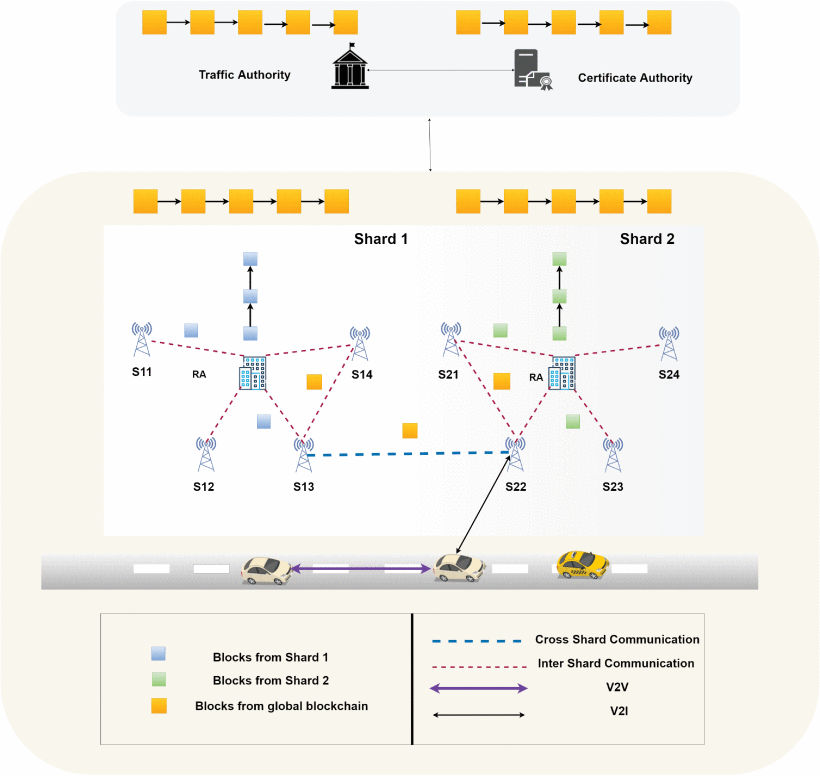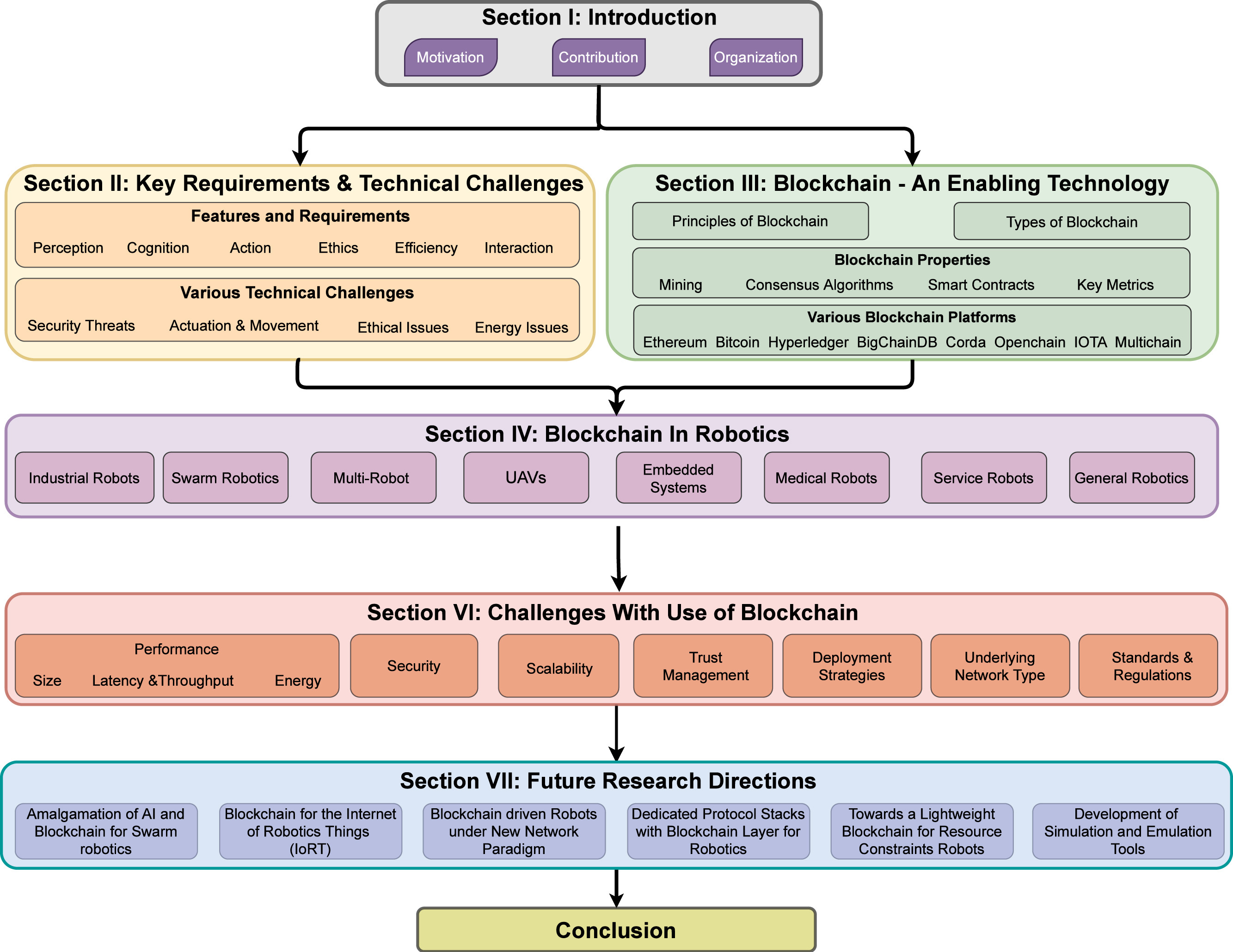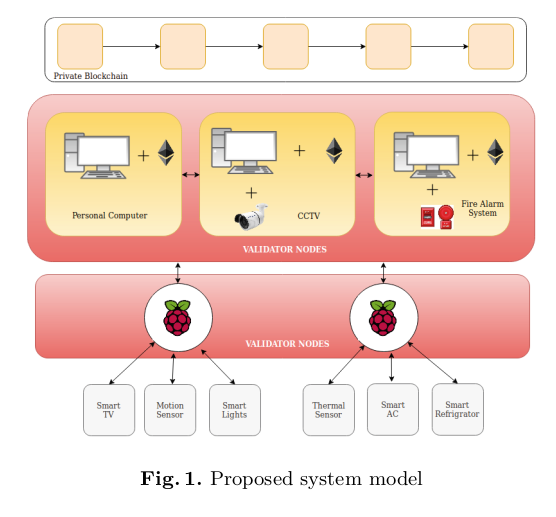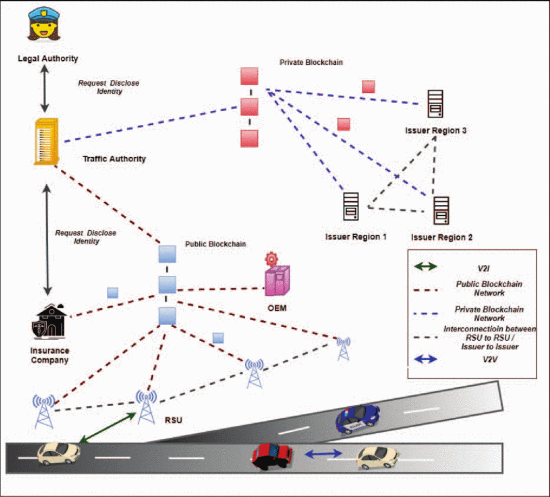|
I graduated with a Master's Degree from the Department of Computer Science and Engineering at the Indian Institute of Technology, Guwahati, India. I was supervised by Prof. Sukumar Nandi. Before this, I worked as an Assistant Project Engineer at Open Source Intelligence Laboratory and Network Security and Systems Lab on a couple of sponsored projects from August 2019 to June 2022. In my free time I contribute to Project Cyber Angel a humanitarian project to safeguard digital privacy of kids. I also serve as a reviewer in several peer reviewed journals such as Elsevier Journal of Blockchain: Research and Applications, IEEE Transactions on Intelligent Vehicles and IEEE Transactions on Intelligent Transportation Systems. Email / CV / Google Scholar / Twitter / Book a Meet / Cyber Angel |
|
I am much interested in the areas of blockchain integration with IoT for improved security, performance and decision making. Over, the years I have contributed to the research works in the domain of Blockchain integration with IoT and Autonomous Vehicles. My work Managing Smart Home Appliances with Proof of Authority and Blockchain bagged Second Best Paper Award at i4cs Wolfsburg Germany. Below are few of my selected publications, visit Google Scholar for full list of publications. |
 
|
Pranav K Singh, Roshan Singh, Sunit K Nandi, Kayhan Zrar Ghafoor, Danda B. Rawat, Sukumar Nandi IEEE Transaction on Intelligent Transportation Systems, 2020 paper / code Cited by : + |
 
|
Srinivas Aditya, Roshan Singh, Pranav K Singh, Anshuman Kalla, Journal of Network and Computer Applications, Elsevier, 2021 Cited by : + |

|
Pranav K Singh, Roshan Singh, Sunit K Nandi, Sukumar Nandi I4CS, Wolfsburg, Germany, 2019 Awarded 2nd Best Paper paper Cited by : + |
 
|
Pranav K Singh, Roshan Singh, Gwmsrang Muchahary, Mridutpal Lahon, Sukumar Nandi IEEE TENCON, Kerala, India, 2019 paper Cited by : + |